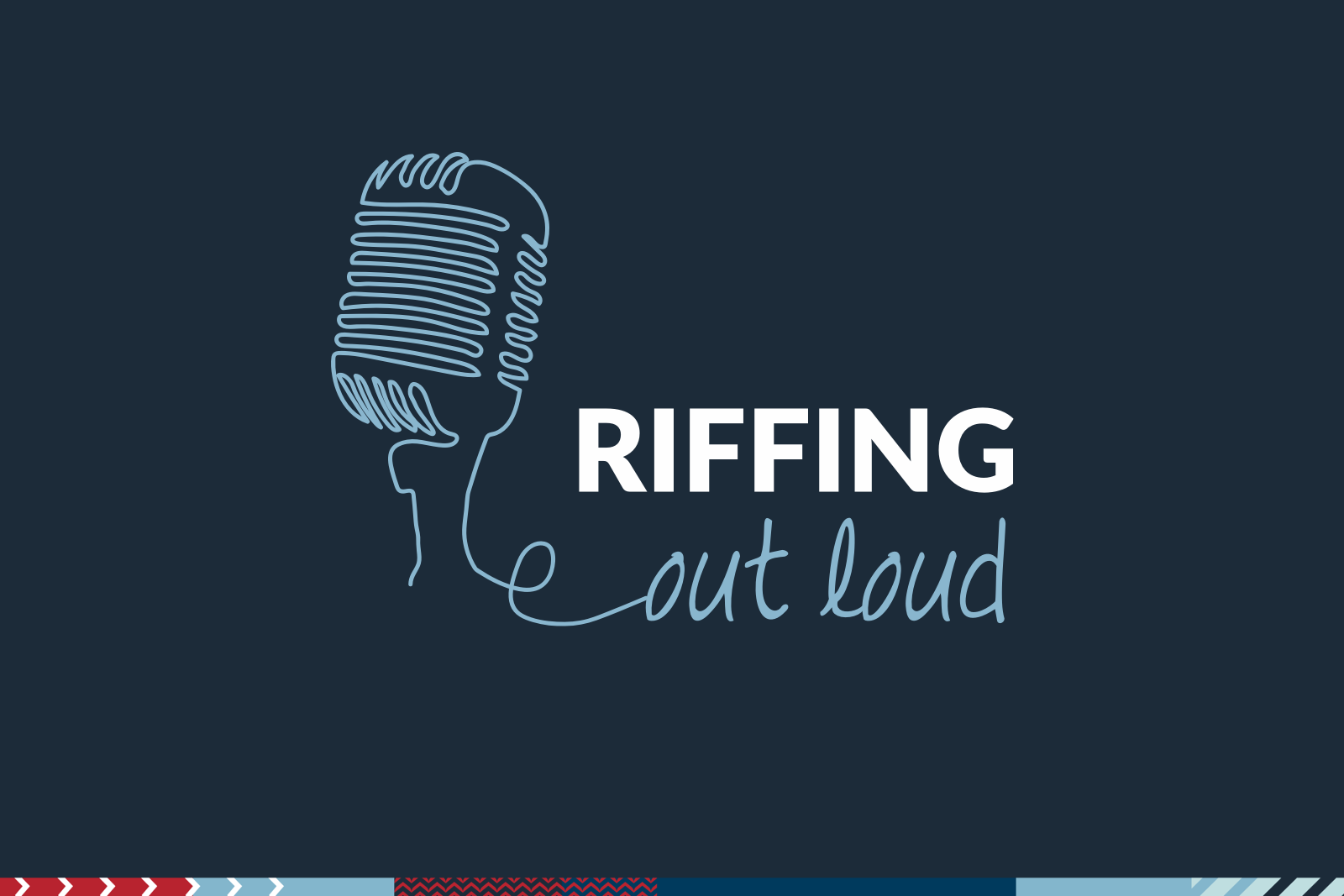AI and Other Emerging Tech Offer New Paths to Loyalty

In today’s highly competitive market, the pursuit of customer loyalty has taken center stage as a pivotal driver of business success. To quantify the significance of this pursuit, acquiring a new customer can cost up to five times more than retaining an existing one, while increasing customer retention rates by just 5% can boost profits up to 95%.
However, traditional loyalty programs, though valuable, are facing increasing challenges in meeting the evolving expectations of modern consumers. For example, long gone are the days of one-size-fits-all programs that offer the same rewards and incentives for every customer. Today’s consumers expect tailored experiences that align with their individual preferences, values, purchase history, and behaviors. If a loyalty program lacks efficient communication channels to connect with customers in real-time, that’s also a mistake.
These disconnects highlight the need for a paradigm shift in loyalty marketing, one that caters to the personalization and authenticity consumers now demand.
Enter the era of emerging technologies, in which marketers are discovering new, innovative tools that can further enhance their efforts. An array of golden opportunities are now available to forge deeper—and hopefully long-lasting—connections with customers.
Here are some of the new tools that marketers should closely consider.
ChatGPT, powered by advanced natural language-processing algorithms, offers an exciting solution for personalized customer interactions. With the ability to understand and respond to human-like language, ChatGPT enables brands to create engaging conversations that feel tailored to each individual. As a result, customers feel seen, heard, and valued, fostering a sense of loyalty that goes beyond mere transactions.
AI imaging platforms can unlock the potential of visual content, which is a crucial aspect of modern marketing. By leveraging cutting-edge computer vision algorithms, brands can now analyze images, better understand preferences, and deliver personalized offers and rewards that resonate with individual customers. This level of personalization creates a more immersive and emotionally compelling loyalty experience, solidifying the brand-customer bond.
AI imaging in action
Coca-Cola has announced plans to leverage ChatGPT, along with the generative image tool DALL-E, to assist in developing personalized ad copy, images, and messaging. The adoption of new technologies, along with a host of technological pilots, has resulted in increased retail sales and customer engagement.
For example, Coca-Cola introduced the “Thums Up Stump Cam” initiative in India, which targeted cricket fans during the ICC T20 Cricket World Cup. By scanning a QR code on the product label through the app, consumers gained exclusive access to match moments captured by a camera installed on a wicket.
Utilizing first-party data and artificial intelligence, Coca-Cola delivered personalized content to consumers based on their favorite matches, further amplified through sports influencers. As a result, Thums Up, a Coca-Cola soft drink brand, experienced remarkable growth that surpassed Coca-Cola’s entire portfolio in India during the campaign and contributed significantly to the company’s overall volume growth in India for the year.
Voice assistants, like Amazon’s Alexa and Google Assistant, have gained significant popularity in recent years. Integrating voice-commerce capabilities with loyalty programs allows customers to make purchases, redeem rewards, and interact with the brand using voice commands. This hands-free, seamless experience can deepen customer engagement and make loyalty program participation more convenient.
Blockchain technology provides a secure and transparent way to manage loyalty programs. By using blockchain-based platforms, brands can offer customers full visibility into their loyalty points, rewards, and transaction history. This increased transparency builds trust and fosters loyalty.
Blockchain technology in action
Starbucks has introduced Starbucks Odyssey, a novel experience powered by cutting-edge Web3 technology. It’s designed to offer exclusive benefits and immersive coffee experiences to its Starbucks Rewards members and partners (employees) in the United States.
By leveraging nonfungible tokens (NFTs) within its loyalty program, Starbucks is pioneering blockchain integration on a significant scale. The move aims to create a vibrant digital community, enabling Starbucks to foster unique interactions with its members and partners. Interested customers and partners can register on the waitlist for a chance to be among the first to gain access to the Starbucks Odyssey experience, scheduled for launch later this year.
AI-powered predictive personalization algorithms use machine learning to anticipate customer preferences and behaviors. By analyzing customer data, browsing patterns, and past interactions, brands can deliver personalized content, product recommendations, and offers in real-time. This level of personalization strengthens customer relationships and encourages repeat purchases.
Augmented and virtual reality (AR and VR) technologies have evolved beyond gaming and entertainment, presenting unique opportunities for loyalty marketing. Brands can create immersive loyalty campaigns that let customers experience products or services in a virtual setting. Additionally, AR-based loyalty activations—such as scanning a product’s packaging to unlock exclusive offers—can drive engagement and excitement.
AR Technology in action
AR in fashion retail can extend beyond immediate sales and focus on establishing meaningful connections with the target audience. Burberry exemplifies this approach by incorporating AR into numerous global campaigns to engage with its customers.
For instance, Burberry collaborated with artist Danny Sangra, introducing a dedicated AR feature in its iOS application. The app seamlessly blends an e-commerce store with interactive brand elements. Through AR, users can embellish their surroundings in real time, adding Danny Sangra’s artistic drawings to their pictures. The ability to share these augmented images on social media enabled Burberry to expand its presence, especially among art enthusiasts, thereby bolstering the brand’s profile. By embracing AR in marketing initiatives, Burberry gained a competitive edge in luxury shopping.
Every paradigm-shifting tool comes with unique challenges and concerns. As marketers pursue the promise of transforming customer experiences, they must tread carefully to avoid potential pitfalls. By understanding and proactively addressing these challenges, brands can navigate the evolving landscape of loyalty marketing with confidence and ensure their customer engagement efforts remain both effective and ethical.
Here are some of the factors to be addressed when implementing emerging technology marketing technologies:
Data privacy and security: All these tools require the collection and processing of customer data to deliver personalized experiences. Therefore, ensuring data privacy, protecting sensitive information, and guarding against potential security breaches are critical concerns.
Ethical use of customer data: Leveraging customer data for personalization raises ethical considerations. Marketers must handle data responsibly, including being transparent with customers about data usage and obtaining proper consent.
Accuracy and reliability: Today’s AI-driven technologies carry a risk of errors or misinterpretations in responses and recommendations. Maintaining accuracy and reliability in interactions is crucial to avoid frustrating customer experiences.
User acceptance and adoption: Not all customers will embrace or be comfortable with these emerging technologies. Marketers should be mindful of user preferences and provide alternative channels to cater to various customer needs. Ensuring new technology adds value and enriches customer interactions is critical for successful adoption.
Integration complexity: Implementing AI into existing marketing systems can be complex and challenging. Marketers need to ensure smooth integration and minimize disruptions to customer experiences.
Regulatory compliance: With an increasing focus on data- protection regulations, compliance with relevant laws is vital. Marketers must stay up to date with data and privacy regulations and adhere to them across these technologies.
Cost considerations: Embracing emerging technologies may involve substantial upfront costs and ongoing expenses. Brands should carefully assess the projected ROI and the long-term benefits of using these tools.
Intellectual Property: Generative AI platforms are largely trained with data scraped from previously created works that may be protected by trademark, copyright or patent. There’s a running dialogue about infringement of those protected works, and whether that poses a legal risk to entities leveraging generative AI to create their branded content. Proceed with caution.
Incorporating these new technologies into loyalty marketing strategies isn’t just about adopting the latest trends, it’s about acknowledging the evolving demands and preferences of consumers. Today’s customers seek authentic, seamless, and memorable experiences from their chosen brands. By embracing these new tools, businesses can demonstrate their commitment to innovation and customer-centricity, positioning themselves as industry leaders that value their customers’ unique needs.
Furthermore, emerging AI tools provide invaluable data insights that can inform loyalty marketing strategies in ways traditional methods can’t match. Armed with a new depth of data, brands can craft more informed and targeted loyalty initiatives—and then deliver the right rewards, incentives, and experiences to the right customers at the right time.
Claire Cilip is a portfolio director for The Lacek Group, a Minneapolis-based data-driven loyalty, experience, and customer engagement agency that has been delivering personalization at scale for its world-class clients for more than 30 years. The Lacek Group is an Ogilvy company.




